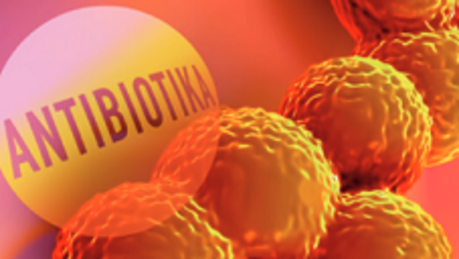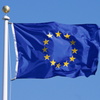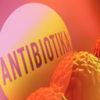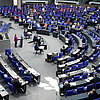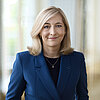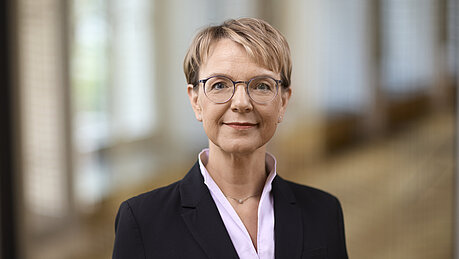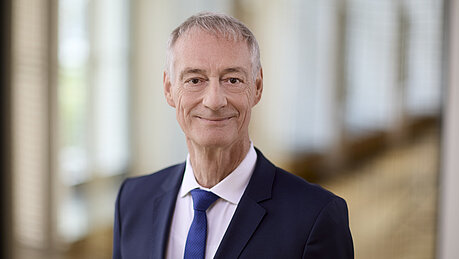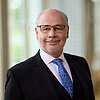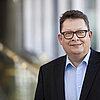69th World Health Assembly
Robert Koch Institute appointed as a new WHO Collaborating Centre
23 May 2016. On the occasion of the 69th World Health Assembly (WHA) in Geneva, Federal Minister of Health Hermann Gröhe called for strengthening health care internationally. In order for the World Health Organization (WHO) to be even better prepared for emerging international health crises, it will be supported by the Robert Koch Institute (RKI) as the Collaborating Centre for Emerging Infections and Biological Threats.
Enabling all people to live a healthy life is an essential goal of the United Nations’ 2030 Agenda for Sustainable Development. To achieve this goal, it is decisive to strengthen health care internationally. As a matter of fact, an efficient health care system is the best protection against health risks and disease. At the same time, people all over the world should be able to rely on receiving proper health care. The World Health Assembly is a major opportunity to advance the achievement of the health-related development goals together with all WHO Member States.
The World Health Assembly (WHA) is taking place in Geneva from 23 to 28 May. It is the main decision-making body of the 194 WHO Member States. An important issue at this year’s Assembly is the sweeping reform of WHO. The lessons learned from the Ebola epidemic have shown that WHO needs to respond better and quicker to international health crises in the future. This calls for structural changes within the organisation as well as sufficient human and financial resources. As the WHO Collaborating Centre for Emerging Infections and Biological Threats, the Robert Koch Institute will help ensure WHO’s preparedness for international health crises and its rapid emergency response capacity.
As a collaborating centre, the RKI is going to expand its laboratory capacities to optimally support WHO’s alert and response system for outbreaks of international concern. Furthermore, the RKI will provide its expertise not only for outbreak investigation and control as well as training measures, but also for the implementation of the International Health Regulations with regard to emerging infections and biological hazards – as, to cite a current example, in the ongoing yellow fever outbreak in Angola. The appointment as a collaborating centre applies for an initial term of four years.
At the WHA, the Federal Minister Hermann Gröhe is also meeting with WHO Director-General Dr. Margaret Chan as well as numerous counterparts and colleagues from other countries for bilateral talks. In addition, he is attending an event on dementia and a meeting of the “Alliance of Champions” against antimicrobial resistance.
Additional information
-
Lessons learned from the Ebola crisis
Article about measurements to improve international health crisis respnse efforts
-
International Co-operation
Overview page about co-operation in the field of international health policy



